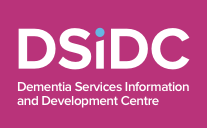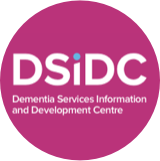
How would it feel if someone continually made all your life decisions, where you should live, what you should do, ignore your plans and wishes etc for you all the time?
Perhaps initially, depending on your personality you MIGHT just enjoy this but soon it would become frustrating, annoying and even feel threatening. Having decisions constantly made for you is not a pleasant experience.
“Everyone has the right to a standard of living adequate for the health and well-being of himself …” Article 25, UN Declaration of Human Rights.
The right to freedom and residence is a basic right recognised by the United Nations which we enjoy here in Ireland. However, those with impaired cognition can be at risk of this being denied to them – not out of malice but from a genuine desire to help. If it does happen it can make a person feel like an object rather than a human being with thoughts and feelings. There is a fine balance between helping and helping too much. Being more person-centred when caring helps to strike a correct balance.
_________________________________________________________________________________________
So very often as the dementia progresses, those that interact with the person with dementia (PwD) unintentionally shift their focus onto the dementia thereby losing the person and as a result, the dementia becomes the forefront and individuality is lost. Becoming person-centred is a continuous process rather than a once-off achievement.

Living life as one wishes is so important to the person with dementia. It is your responsibility to know and continually learn about what it means to be person-centred.
Now let’s move on and define what the person-centred approach is …
Pictures:Michael Hagedorn at https://www.picdrop.com/michaelhagedorn/Dementia

